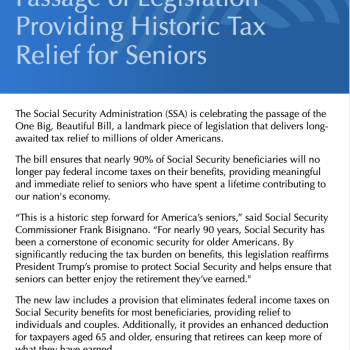Hospitals in areas that serve large numbers of poor people run into higher readmission rates. That’s a fact of life that has far more to do with the circumstances of the patient’s lives than it does with the care they are receiving in the hospitals.
When a hospital discharges, say, a patient who was suffering from an acute asthma attack, it is usually after they have administered drugs and treatments to get the asthma under control. If they attack was severe enough, they may also have given breathing treatments and other things.
Once the patient is stabilized, he or she is sent home with prescriptions, a written list of things to do (and not do) and advice to see their primary care physician for follow-up. The problems with all this begin the minute the patient walks out the door.
Patients in low income brackets often live in small, poorly ventilated homes that are themselves breathing hazards. Low income patients may not be able to chin the co-pays for the follow-up prescriptions. And, low income patients often do not have a primary care physician, and even if they do have one, they may have difficulty getting to an appointment.
Add to that the correlation between low income and low educational level, the lack of family support the also correlates with low income, and the recipe for another admission for asthma is set in place.
None of that has anything to do with the care the hospital gave the person. But Medicare penalizes hospitals for readmissions. The same level of expectations about readmission that might be reasonable for a hospital in a more high income area is unrealistic and punitive for a hospital that treats a high number of low income patients.
Medicare has moved to address this problem by lightening up on the penalties for hospitals in low income areas.
From NPR:
At the direction of Congress, Medicare is easing up on its annual readmissions penalties for hundreds of hospitals serving large populations of low-income patients, records released last week show.
Since 2012, Medicare has punished hospitals for having too many patients end up back in their care within a month. The government estimates the hospital industry will lose $566 million in the latest round of penalties that will stretch over the next 12 months. The penalties are a signature part of the Affordable Care Act’s effort to encourage better care.
But starting next month, lawmakers mandated that Medicare take into account a long-standing complaint from safety-net hospitals. They have argued that their patients are more likely to suffer complications after leaving the hospital through no fault of the institutions, but rather because they cannot afford medications or don’t have regular doctors to monitor their recoveries. The Medicare sanctions have been especially painful for this class of hospitals, which often struggles to stay afloat because so many of their patients carry low-paying insurance or none at all.












